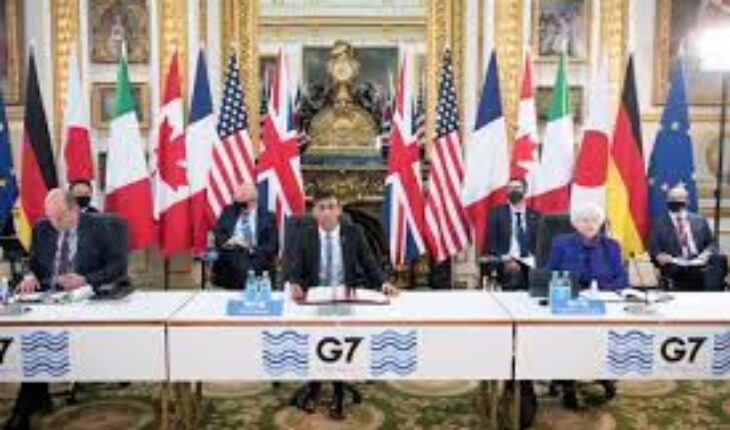The Finance Ministers of the G7 nations appear to have heeded the advice to ‘never let a good crisis go to waste’ when they agreed last week to set a global minimum tax of at least 15%. With the COVID-19 pandemic having caused the world economy to shrink by an estimated 3.5% in 2020 and forced most countries to dip into their coffers to mitigate the fallout, the seven richest nations opted to use the opportune moment to plug a key loophole in the international tax regime. In a communique, the G7 Ministers stressed that as part of efforts to secure a ‘Safe and Prosperous Future for All’ they would strongly back the broader efforts under way through the G20/OECD to address tax challenges arising from globalisation and digitalisation of the economy. The rapid and relentless march of technological advancement, especially in the domain of global communications and connectivity, has resulted in a world economy where the digital sphere, estimated in 2016 at $11.5 trillion or over one-sixth of global GDP, is exponentially outpacing overall economic growth. The increasing digitalisation has, however, exacerbated the challenges to taxing multinational corporations, which have sought to minimise their total tax outgo by recognising a bulk of their revenue in low-tax jurisdictions. The OECD, which is with the G20 spearheading an important initiative aimed at ending tax avoidance, estimates that countries are collectively deprived of as much as $240 billion in tax revenue annually due to avoidance by MNCs. As the OECD’s Secretary-General noted in a statement welcoming the G7 deal, such distortions “can only be effectively addressed through a multilaterally agreed solution”. While there are still wrinkles to be ironed out, the political will to ensure greater fairness and equity in revenue sharing is a step in the right direction.
Global minimum tax is a step in right direction
Published Date: 13-06-2021 | 3:44 pm





